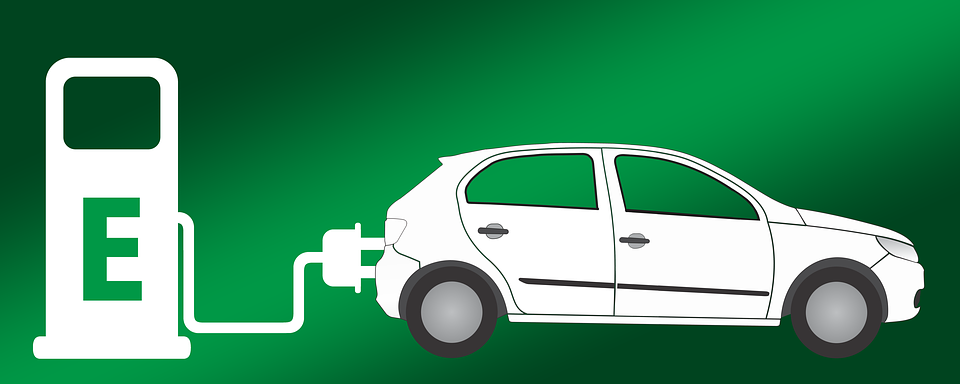


A comprehensive study by the International Forum for Environment, Sustainability, and Technology (iFOREST) has shed light on the intricate dynamics surrounding the transition to electric vehicles (EVs) in India. It marks the first nationwide examination of the implications, both positive and negative, of this transformative shift in the automotive industry.
Impact on Automotive Component Manufacturers
A significant revelation from the study is the expected impact on auto component manufacturers, with a substantial portion (45-84 percent) of parts for internal combustion engine (ICE) vehicles, particularly powertrain components, deemed obsolete due to the EV transition.
States Facing the Brunt
Analysis of 729 automotive component manufacturers across the country indicates that approximately 34 percent of them will bear the brunt of this transition. States like Haryana, Maharashtra, and Tamil Nadu, which house significant auto manufacturing hubs, are expected to be particularly affected.
Rise in EV Penetration
Projections foresee a considerable increase in EV penetration in the Indian automotive market over the next decade. EV production is poised to surge, reaching between 36 to 51.4 million units by 2036-37, according to the report. This growth will be especially prominent in the two-wheeler and three-wheeler segments, with the latter potentially achieving 100 percent market share.
Job Creation Amidst Transition
While the transition to EVs may lead to the phasing out of traditional job roles, notably in ICE manufacturing, it is anticipated to generate a net increase in employment opportunities. Passenger car manufacturing jobs are projected to double by 2036-37, from 1.7 million to 3.3-3.7 million. As India navigates this transformative phase in its automotive landscape, the study underscores the importance of understanding and addressing the various challenges and opportunities presented by the EV transition.